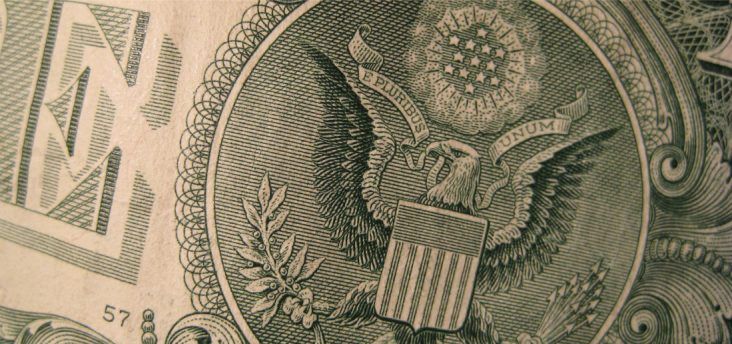NWA ranks No. 11 in U.S.in affordability; healthcare, regulations plague small business
by November 7, 2017 4:37 pm 1,751 views

Northwest Arkansas’ strong economy is no secret to those living in the state, but those other states are often unaware of the region’s growth and affordable cost of living, said Kevin Kliesen, business economist and research officer for the Federal Reserve Bank of St. Louis.
Kliesen was one five Fed economists to speak in Fayetteville on Monday (Nov. 6) at a banking conference hosted by Global Interdependence Center and University of Arkansas. He and his colleagues in the Federal Reserve’s 8th District studied the cost of living in 381 metro areas around the county relative to wages. He said it’s about 10% cheaper to live in Fayetteville than the average U.S. metro. Little Rock is also a 9% more affordable place to live than the U.S. average.
“We at the St. Louis Fed call Northwest Arkansas the Gold Coast, because it has done so well and helps to lead the state’s and district’s overall growth. Outside of Northwest Arkansas, Little Rock and to some degree, Jonesboro, much of the state’s economy is pretty flat,” he said.
Kleisen painted a modest picture of growth for the 8th District, constrained in part with a tight labor force. He said the manufacturing sector is picking up steam in the district led by a weaker dollar with promotes exports. He said transportation is the largest employment sector in the 8th District. Business confidence this year is stronger than last and companies appear to be boosting capital expenditures. He said inventory is building to feed future demand and sales revenue is expected to rise.
Despite the positive sentiment, Kleisen said the tight labor issue is likely to hold back growth a bit. Loan growth has been strong in the 8th District, with some more recent tightening around commercial real estate loans. He doesn’t think uncertainty related to healthcare has impacted most consumers saying the majority are covered through employers or Medicare/Medicaid. He said those purchasing on exchanges have seen utter turmoil.
Bill Dunkelberg, chief economist for the National Federation of Independent Business, also spoke on the sentiment of the small business sector. NFIB conducts monthly surveys with its 325,000 small business members. Dunkelberg said small business is an important segment of the economy accounting for roughly half of all employment and is largely the R&D sector of the U.S. economy, many times adopting new ideas and strategies quicker than larger companies.
“The small business sector is happy. They are not happy about what’s going on in Washington, but who is?” he said. “Small business owners believe we are going to get some changes in healthcare and taxes and there’s a chance it could get better.”
Each month NFIB surveys its members on the 75 most important problems or issues they are facing. He said in 1982 the survey revealed the biggest concern was high interest rates, but ever since 1986 the cost of health insurance has been the biggest overall concern. Post Affordable Care Act, that’s still the case.
Dunkelberg said some of the biggest concerns aside from the cost of healthcare are regulatory hurdles that raise operating costs and sometimes make business harder to transact. He said regulation, complication of the tax code, and at least three similar concerns related to regulatory hurdles are the top five concerns voiced by its business members.
Another issue that’s a concern is the tight labor market making it difficult to find qualified workers. He said 40% of members can’t fill the openings they have. Dunkelberg said 35% of small business owners surveyed say job candidates don’t have the right skills. He said 20% indicated poor work performance and between 15% and 20% of candidates lacked social skills or their appearance was not suitable.
Hiring contract workers as part of the Gig economy could also be a way some businesses are getting by without officially filling open positions, agreed Mervin Jebaraj, interim director of the Center for Economic and Business Research at the University of Arkansas.
When looking at credit availability and the fear of inflation, Dunkelberg said just 2% of those surveyed have concerns. He said 4% don’t feel they get the credit they deserve and a whopping 53% don’t want a loan of any kind. Dunkelberg said those saying “who needs a loan” are up 15% since before the recession.
